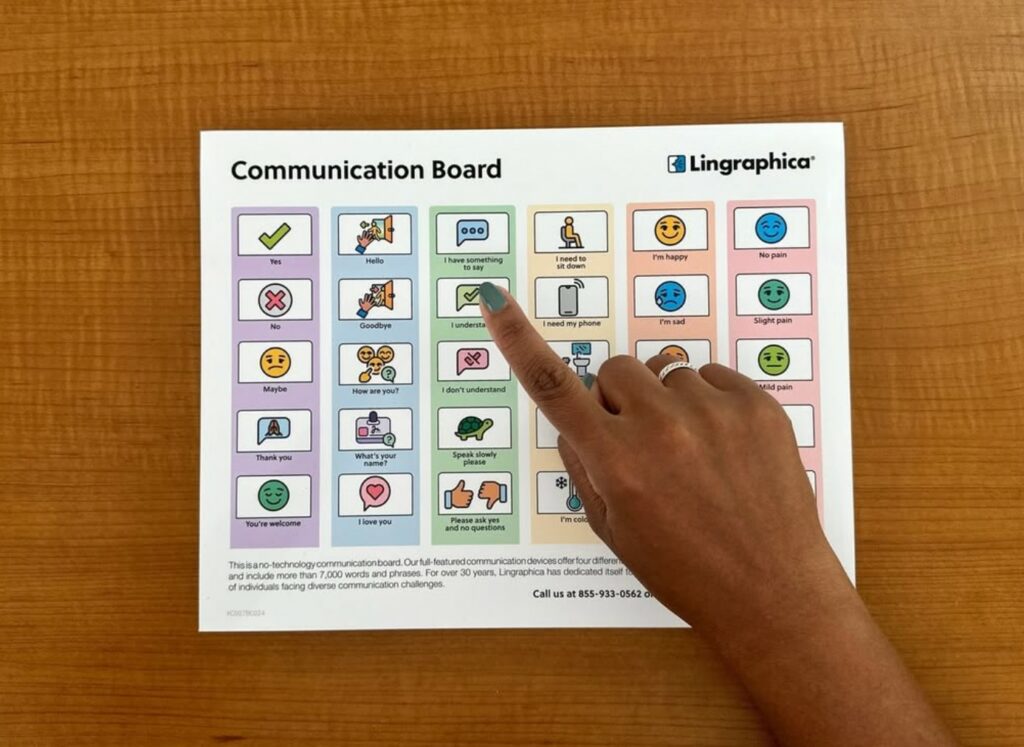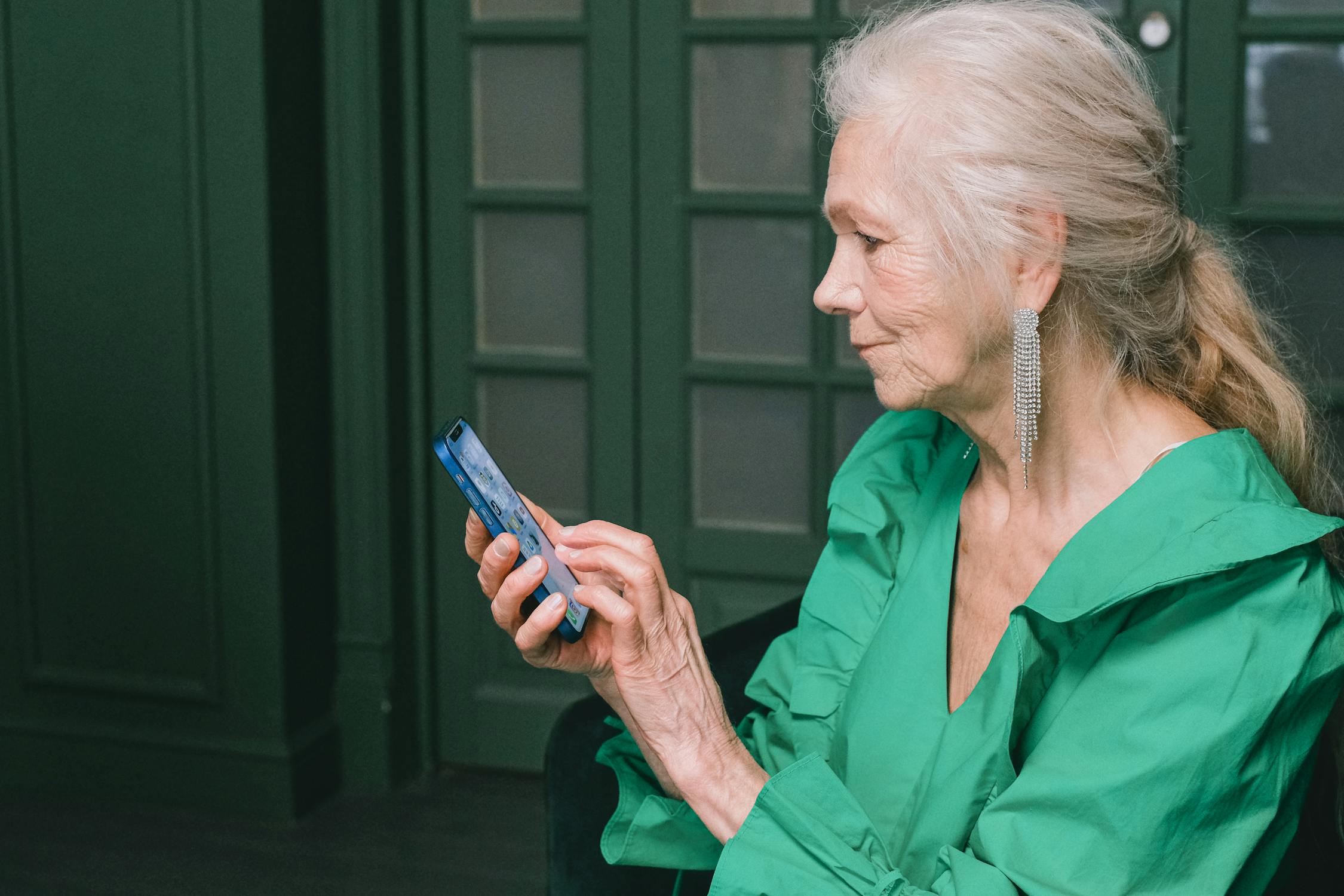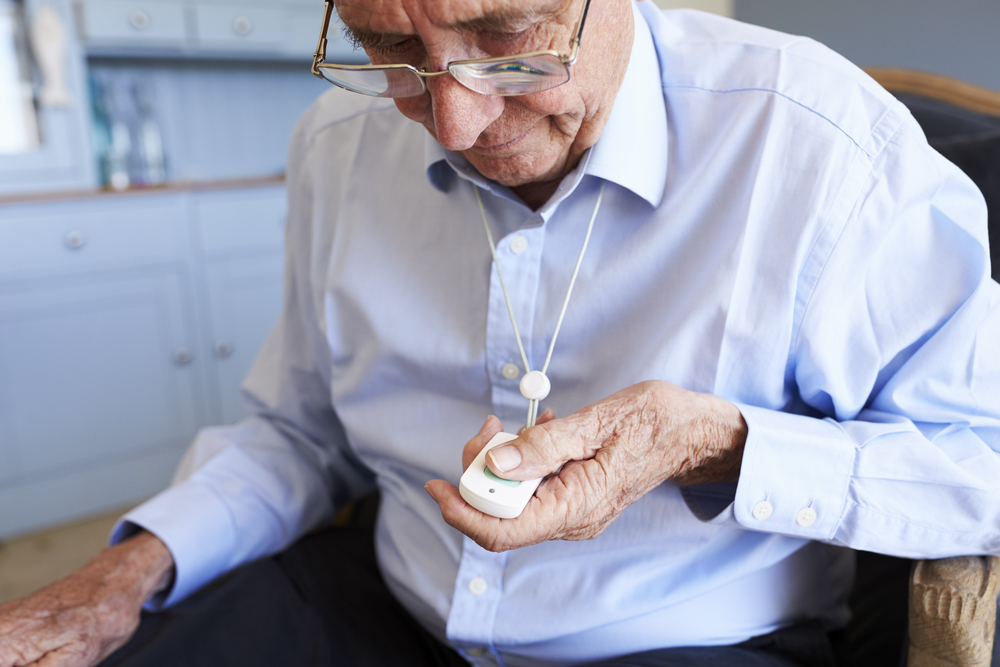Finding the right tools for nonverbal dementia support can make a huge difference in the daily lives of loved ones. Communication challenges can feel overwhelming, but the right devices can help bridge the gap. Assistive technology for dementia is not only useful, it can also bring comfort, independence, and peace of mind. Some tools are simple, while others are more high-tech, depending on the person’s needs. The important thing is finding what fits their daily life best. Today, there are more helpful options available than ever before. Below, we’ll walk through a few supportive devices that are truly making a difference. These tools are giving families better ways to connect, even when words are hard to come by.
1. Picture Communication Boards

Picture communication boards are one of the simplest ways to offer nonverbal dementia support. These boards display common pictures like food, activities, or emotions. A loved one can point to the image that matches what they want to express. It takes away the pressure of finding words when speech becomes too difficult. You can find printable boards online, or buy ready-made boards at certain shops, or even create your own tailored to your loved one’s life. Some boards even come with Velcro pieces so you can change pictures easily. They’re easy to carry from room to room or even take on outings. Plus, they don’t rely on batteries or screens, which can sometimes cause confusion. This old-school but powerful tool can really help a loved one feel heard and understood.
2. Talking Photo Albums

Talking photo albums are an amazing way to connect memories and voices. These albums allow you to record a short audio clip with each photo. When your loved one touches the picture, they hear a familiar voice telling a story or giving a cue. It can help them recognize family members, daily routines, or even favorite places. The audio messages make the experience more personal and comforting. Plus, hearing a familiar voice can spark emotional connections that words alone sometimes can’t. Taking a current photo album to a professional service can help you transfer those memories to a digital format. These albums are easy to update and add new memories as time goes on. They also help caregivers reinforce names, events, and instructions in a gentle, low-stress way. This kind of assistive technology for dementia is both touching and practical.
Read More: 3 Morning Supplements That May Help to ‘Slow Down’ Aging And ‘Promote Longevity
3. Wearable GPS Trackers

Safety is a major concern for families dealing with dementia, especially when a loved one becomes nonverbal. Wearable GPS trackers are a smart solution to give everyone some peace of mind. These small devices can be worn as watches, necklaces, or clipped onto clothing. If a loved one wanders away, caregivers can quickly find them through a smartphone app. Some models even allow for two-way communication, so you can speak directly to your loved one. Many GPS trackers also send alerts if the person leaves a set safe zone. This feature helps you act fast without waiting until a situation becomes dangerous. Wearable GPS devices aren’t just high-tech gadgets; they’re true lifesavers. They provide a sense of freedom without sacrificing safety or dignity.
4. Adaptive Keyboards and Tablets

Standard devices like tablets and computers can be overwhelming for someone with dementia. That’s where adaptive keyboards and specially designed tablets come in. These tools simplify navigation, using large buttons, easy icons, and minimal distractions. Some apps allow users to tap pictures to express needs, play games, or watch videos. This makes digital communication a lot more accessible, even for someone who is mostly nonverbal. Caregivers can customize settings to match what their loved one enjoys or needs most. Using assistive technology for dementia like this can also keep cognitive skills sharper for longer. Plus, it gives your loved one a sense of control and independence in a tech-driven world. A little extra simplicity goes a long way when it comes to staying connected.
5. Voice-Activated Smart Speakers

Voice-activated smart speakers, like Alexa or Google Home, can be surprisingly helpful for nonverbal dementia support. While they may not be able to hold long conversations, they can respond to simple sounds or commands. Caregivers can set up routines, like playing favorite music or giving reminders, with just a tap. Some devices can be programmed to answer questions, control lights, or call family members. For someone who can still speak a few words or make noises, these smart tools offer huge convenience. Plus, smart speakers can help create a calmer environment with soothing music or nature sounds. They can also provide easy access to daily schedules or weather updates. Setting up the system takes a little time but pays off big in daily life. These devices bring a touch of independence and comfort into the home.
6. Personalized Music Players

Music often reaches parts of the brain that speech can’t, which makes personalized music players a beautiful tool for dementia care. Devices like simple MP3 players or specialty players with large buttons allow easy access to favorite songs. Listening to familiar tunes can spark memories, reduce anxiety, and even encourage movement. Some players are designed with one-touch controls so there’s no confusion. Caregivers can preload playlists based on the person’s favorite decades, artists, or moods. Music can serve as a nonverbal form of connection, especially when conversations become tough. Studies show that music therapy can lower agitation and improve overall mood in people with dementia. These players are small, portable, and easy to use anywhere. They can turn a frustrating moment into a peaceful one almost instantly.
7. Electronic Reminder Systems

Staying on track with daily activities gets harder as dementia progresses. Electronic reminder systems are a simple but powerful solution. These gadgets can display reminders for meals, medications, appointments, and activities. Some even use visual cues or recorded voice messages from loved ones. Setting up regular, gentle reminders can reduce stress and help a person feel more in control. You can adjust the timing, frequency, and even customize the tone of the reminders. Devices like day clocks that show the day, date, and time in large letters are also very helpful. For nonverbal dementia support, these systems offer a clear, stress-free way to guide daily life. It’s like having a helpful friend quietly keeping everything on track.
8. Call-Button Systems

When words fail, having a way to quickly ask for help is crucial. Call-button systems work much like hospital call buttons but are designed for home use. They allow a loved one to push a button if they need assistance. Some systems even send a message directly to a caregiver’s phone or home device. The buttons are usually large, brightly colored, and easy to press. They provide peace of mind to the person using them, knowing help is only a button away. Caregivers also feel more at ease, knowing their loved one can reach out without needing to speak. Call-button systems are a simple, reliable tool for assistive technology for dementia. They create a strong sense of security for both sides of the caregiving relationship.
Conclusion

Supporting a nonverbal loved one with dementia can feel overwhelming, but the right devices make it much more manageable. Nonverbal dementia support tools like communication boards, GPS trackers, and personalized music players offer connection, safety, and comfort. Assistive technology for dementia doesn’t have to be complicated or expensive to make a real difference. Every small improvement in communication or daily routine can lift stress for both the caregiver and their loved one. Finding the right tools often takes a little trial and error. But when you find the right fit, life gets a lot easier and more joyful. Technology is a powerful ally in keeping relationships strong even when words become harder to find. At the heart of it all, these tools are about preserving dignity, respect, and connection. And that’s something every family deserves.
Read More: 12 Heartbreaking Things One Learns When Caring For Elderly Parents in Their Last Days

